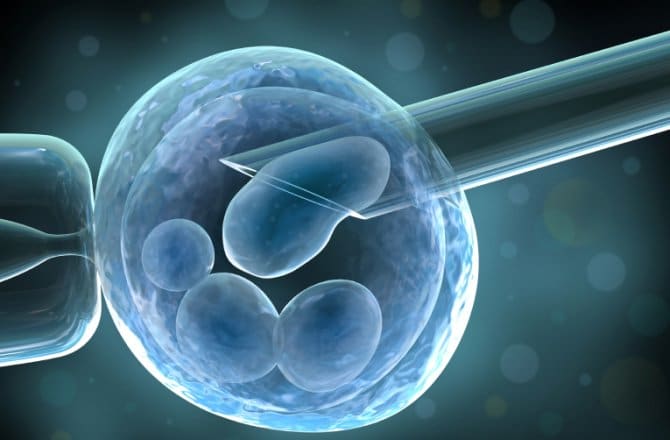There are two types of stem cells. Embryonic stem cells are able to generate all the cell types of the human body. Adult stem cells are only able to produce a limited number of human cell types. In other words, in the case of adult stem cells, an adult muscle stem cell would be able to make all of the cells of the muscle. An adult skin stem cell would be able to make all of the cells of the skin. And similarly, an adult blood stem cell would be able to make all of the cells of the blood. On the other hand embryonic stem cells can generate all the cell types of the human body. Embryonic stem cells are cells that are left over from procedures such as assisted fertility treatments. These cells would otherwise be designated for medical waste. It should be noted that these embryonic stem cells are only left over from early-stage embryos.
Adult stem cells have been used for the treatment of certain cancers and rare blood cell diseases. Embryonic stem cells have been used for investigating possible cures for diabetes and motor neuron diseases. In these instances, the investigators need a cell type that is generated by the stem cell, rather than the diseased cell. Therefore embryonic stem cells are needed. Scientists to this day ponder the question, ” Can cells forget what they are, so they can revert back to their stem cell state, such as in pluripotency transduction?” Other questions that may arise may also be if it is ethical or not to use these embryonic stems; even though they had been designated for medical waste. As the debates go in, so does the research .

